This story and video are part of our Investor Insights series, a regular feature showcasing how YES! Winnipeg investors innovate in the face of challenges and work to grow Winnipeg's economy. Throughout the pandemic, all interviews were conducted socially distanced and observed provincial health orders around COVID-19.
Working from home has become a bigger part of a lot of people’s lives these days and with it, a bigger conversation around employees’ mental health.
Dave Angus, President of Johnston Group knows a thing or two about the topic. The family-owned and Winnipeg-based company specializes in employee benefits solutions for businesses across Canada.
“There is a national trend around mental health. As much as we’re focused on the virus right now, once we get our hands around the virus, I think the big health issue is going to be mental health related. I think a lot of it has to do with the isolation people are feeling around COVID,” says Angus.
Johnston Group offered two new tools for companies throughout the pandemic, including Hugr, a platform launched by two entrepreneurs out of Saskatchewan. One of whom dealt with mental health issues because of isolation.
“He developed a product that focused on monitoring on how well [people] are doing, providing a platform where family and friends could interact with them, which is such an issue with people going through mental health issues...There’s lots of innovation going on in this space and I think that will be a big focus for us going forward,” added Angus.
Right before the pandemic started, Johnston Group released a telehealth platform to its clients. The partnership with Teladoc came at the perfect time.
“When COVID hit, it was a godsend for people. Just to talk to a doctor by phone or virtually and just assess symptoms. Are these symptoms that line up with COVID? That alone was a huge benefit to people and employees. But it goes beyond that now, but there are so many other ailments people would just love to get an assessment from a doctor. On average [they’re] getting access to doctors within an hour and about 91 per cent of afflictions that are being addressed through it are getting solved with one call.”
The Teladoc platform was also shared with Indigenous clients of Johnston Group who live in remote communities.
When it comes to looking after his own employees, Angus says about 90 percent of the staff at Johnston Group’s remain working from home. Like many other companies, it is now looking at what needs to be done to bring staff back safely.
“We’re already looking at the things we need to do and what kind of policies we need to have in place for employees going forward.”
He notes some employees appreciate the benefits of working from home and employers may need to look at what the workplace may look like for them when it comes to technology, productivity or other concerns.
“What kind of an impact does that have on work culture? All these things need to be considered. What’s our vaccine policy going to be? Respecting the right for people possibly not having a vaccine but also doing what we need to do to keep people safe...A lot of work is focused on what it’s going to look like in the new normal.”




